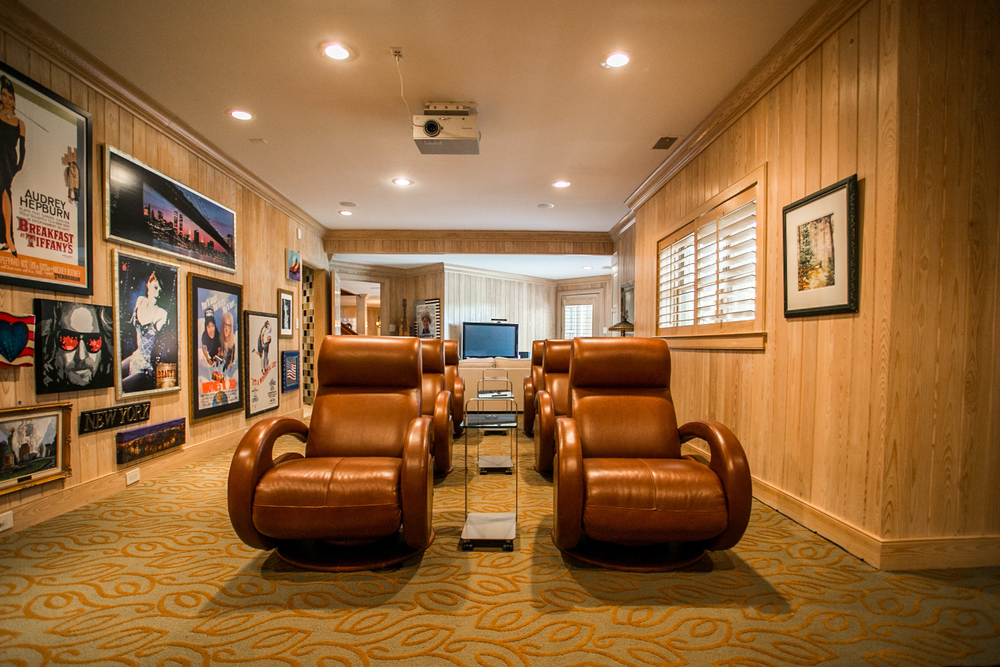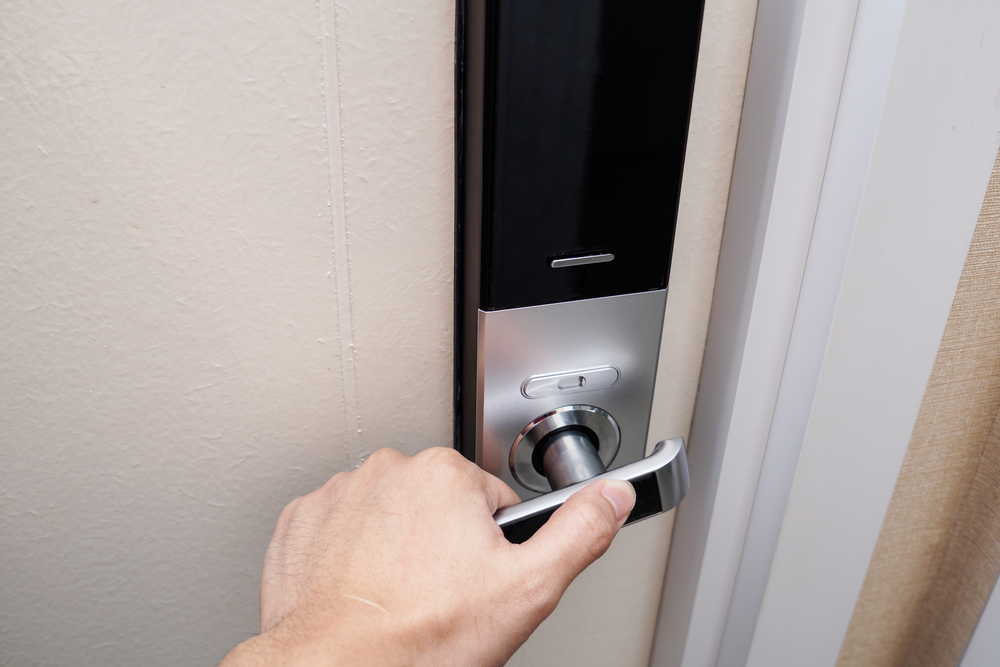When it comes to securing your home or business, choosing the right security camera system can be a daunting task. The decision often boils down to two main types: wired and wireless security cameras.
Each type of security camera installation has unique advantages and disadvantages, making them suitable for different scenarios.
If you’re ready to get a set of extra eyes on your home, let’s explore the differences between wired and wireless security cameras to help you determine which is the best fit for your needs.
Understanding the Basics
Before examining the advantages and disadvantages, we should clarify what wired and wireless cameras are.
Wired cameras are connected to power sources and the Internet through cables. They are typically integrated into DVR (Digital Video Recorder) or NVR (Network Video Recorder) systems.
Wireless cameras transmit footage via Wi-Fi and can be powered by AC or batteries. When battery-powered, these wireless cameras are often called “wire-free” cameras, distinguishing them from their AC-powered counterparts.
Wireless Security Cameras
Wireless security cameras, also known as Wi-Fi cameras, have gained popularity due to their ease of installation and flexibility. Here are some key points to consider:
Advantages
Easy Installation
Wireless cameras offer significant advantages in terms of installation ease and flexibility. Due to their lack of extensive wiring requirements, they are particularly well-suited for DIY projects.
Homeowners can typically set up wireless cameras without professional assistance, placing them in various locations around their property with minimal hassle. This ease of installation also makes wireless cameras an excellent choice for renters or those who may need to relocate their security systems in the future. The simple setup process often allows for quick adjustments or repositioning of cameras as security needs change over time.
Remote Access
Wireless cameras frequently come equipped with dedicated mobile applications. These apps enable real-time access to live video feeds and recorded footage directly from smartphones or tablets, regardless of the user’s location.
This remote viewing capability provides homeowners with peace of mind, allowing them to check on their property while at work, on vacation, or simply away from home.
Advanced Features
Many wireless cameras have advanced features, such as motion detection, night vision, and two-way audio, which enhance their functionality.
Cloud Storage
Footage can be stored in the cloud, allowing for easy access and preventing data loss due to the camera’s theft or damage.
Disadvantages
Reliance on Wi-Fi
The performance of wireless cameras is heavily dependent on your Wi-Fi network. Poor connectivity can lead to spotty video quality and connection issues.
Battery Maintenance
Wire-free cameras require regular battery changes or recharging, which can be inconvenient if you think you’ve been recording but in reality, the battery or charge was dead..
Monthly Fees
Cloud storage often comes with a subscription fee, adding to the ongoing costs of maintaining a wireless camera system. While we’ve labeled this a disadvantage, you’re only looking at a maximum of $30 per month.
Wired Security Cameras
Wired security cameras are often associated with more traditional surveillance systems. They require a physical connection to power and the internet, usually through coaxial or Ethernet cables.
Advantages
Reliable Connection
Wired cameras provide a stable and consistent connection unaffected by Wi-Fi network fluctuations.
Higher Security
They are generally more secure from hacking since they are not dependent on wireless signals. They also can’t be easily accessed and unplugged like wireless cameras that rely on AC for power.
Continuous Power Supply
Speaking of power; wired cameras have a direct power connection. This means there’s no need to worry about changing batteries or charging, ensuring continuous operation.
No Monthly Fees
Since footage is often stored locally on a DVR or NVR, there are no recurring cloud storage fees.
Disadvantages
Complex Installation
Installing wired cameras can be labor-intensive, often requiring professional installation to run cables through walls and ceilings.
Less Flexibility
Once installed, wired cameras are not as easy to move or reposition. That’s why if you go this route, it’s important to work with a professional who can help you determine the best placement options for your security camera monitoring needs.
Limited Integration
Wired systems may not integrate as seamlessly with smart home devices and virtual assistants like Google Assistant or Amazon Alexa.
Make the Best Choice for You With ClearVue Security
Both wired and wireless security cameras have their strengths and weaknesses. Your decision should be based on your specific security needs, budget, and property layout. Whether you prioritize ease of use, flexibility, reliability, or security, there’s a suitable option for you.
At ClearVue Security, we understand that choosing the right security system can be challenging. Our team of experts is here to help you make an informed decision and ensure your property is protected.
Contact us today to learn more about our professional installation services and find the perfect security solution for your home or business.



